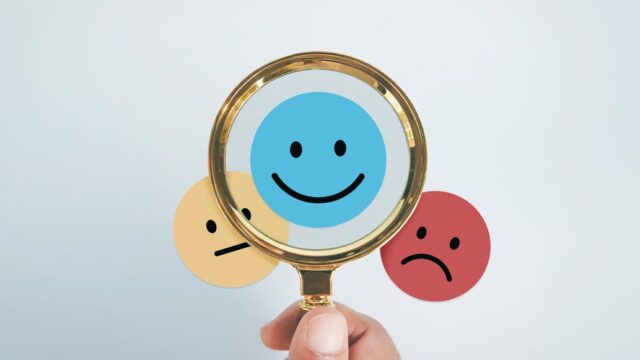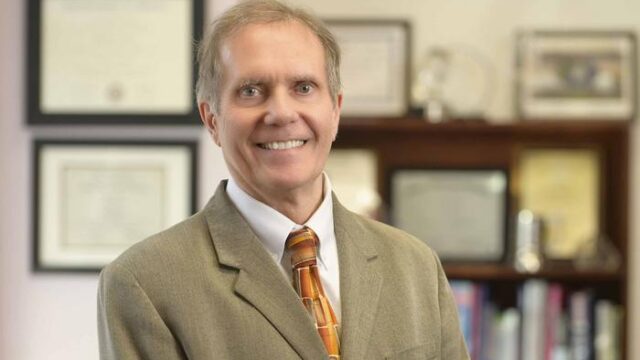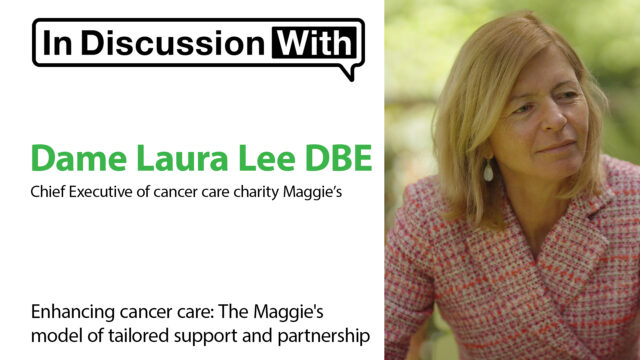Advertisment
Vaccine confidence and hesitancy

Understanding the three Cs of vaccine hesitancy could be the key to ensuring effective uptake of covid-19 vaccines, according to Gary Finnegan, health journalist and Editor of Vaccines Today.
Most people have a positive view of vaccines and have the recommended vaccines on time, every time but there is small minority of people who are ‘anti-vaccine’, meaning that they are strongly opposed to vaccines. In addition, there is a larger minority that would be ‘hesitant’. These are people who, understandably, have questions about vaccines. Typically these would be questions about whether the vaccines work, whether they are necessary and whether they are safe. “I think addressing those questions is really important if you want to ensure high levels of acceptance for vaccines” says Mr Finnegan.
Covid-19 has had a big impact on vaccine confidence. “The debate online has become more polarised; we’ve also seen some of the anti-vaccine groups overlapping and merging with anti-mask protestors and even mixing with other conspiracy theories around 5G”, says Mr Finnegan. Moreover, some of the wilder conspiracy theories have linked the pandemic with the roll out of the 5G telephone network. “The pandemic has made the debate more polarised and aggressive and this is going to make it a little more difficult to maintain vaccine confidence when the new vaccines against covid-19 arrive”, he adds.
The World Health Organisation (WHO) speaks of ‘the three Cs of vaccine hesitancy’ – confidence, complacency and convenience. Regarding convenience, vaccines need to be accessible with minimal fuss and no need for long waiting times. Complacency is an issue because many of the diseases that are vaccine-preventable like measles or tetanus are rarely seen today. As a result, people have forgotten how serious they can be. “Vaccines are victim of their own success because they have reduced the rates of these diseases to such low levels that even doctors and pharmacists may not have seen serious cases of these diseases”, says Mr Finnegan. The final C is confidence; anti-vaccine groups play a role here but in practice they may be less important than the hesitant people who just have questions and only need to be satisfied about safety and effectiveness before they go ahead and have the vaccine.
A broad range of people falls into the ‘hesitant’ category; vaccine hesitancy does not necessarily relate to education, age or knowledge. “There are plenty of educated people who have deep expertise in one topic but who come to the vaccine issue with new questions or even objections to vaccines”, says Mr Finnegan. In some cases vaccinations or any medical intervention clashes with other political or philosophical beliefs. Some groups of people are libertarian or strongly conservative and for them it’s a question of freedom. At the other end of the spectrum there are people who are more interested in alternative or ‘green’ and natural living and for them any intervention is unnecessary. “They feel there is no need for vaccines and that we should rely on natural immunity but scientists will tell you that this is not sufficient to keep these diseases at bay”, explains Mr Finnegan. There are also people who have a general mistrust of authorities, science, industry, and the medical establishment. “The good news is that even people who are sceptical about the medical establishment still trust their own GP and their own pharmacist so there is a real opportunity for providers to make a difference”, he adds.








